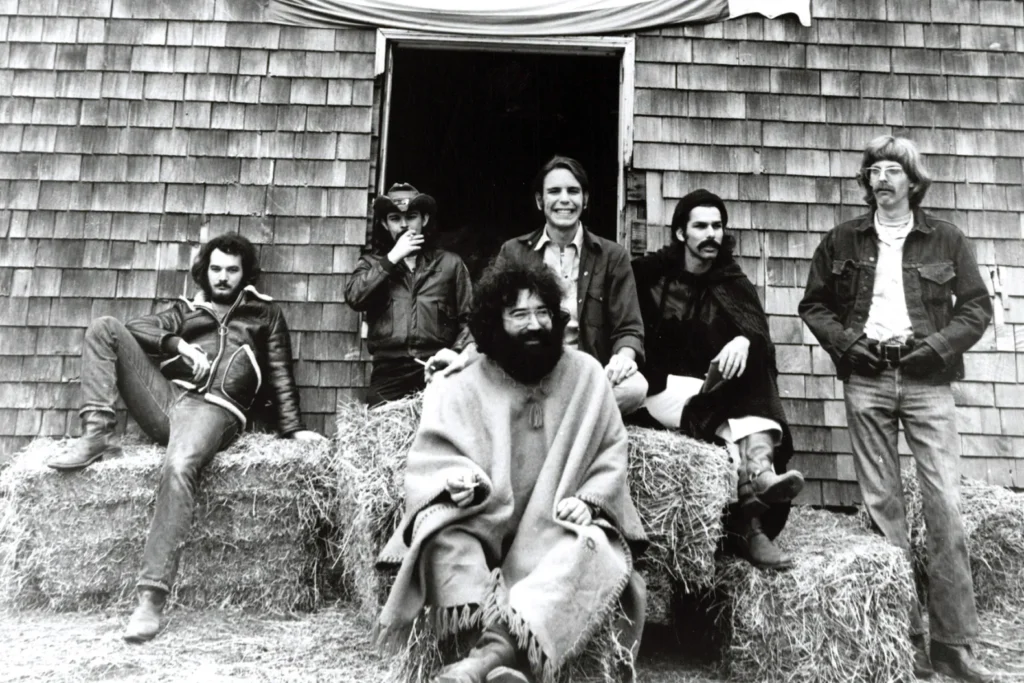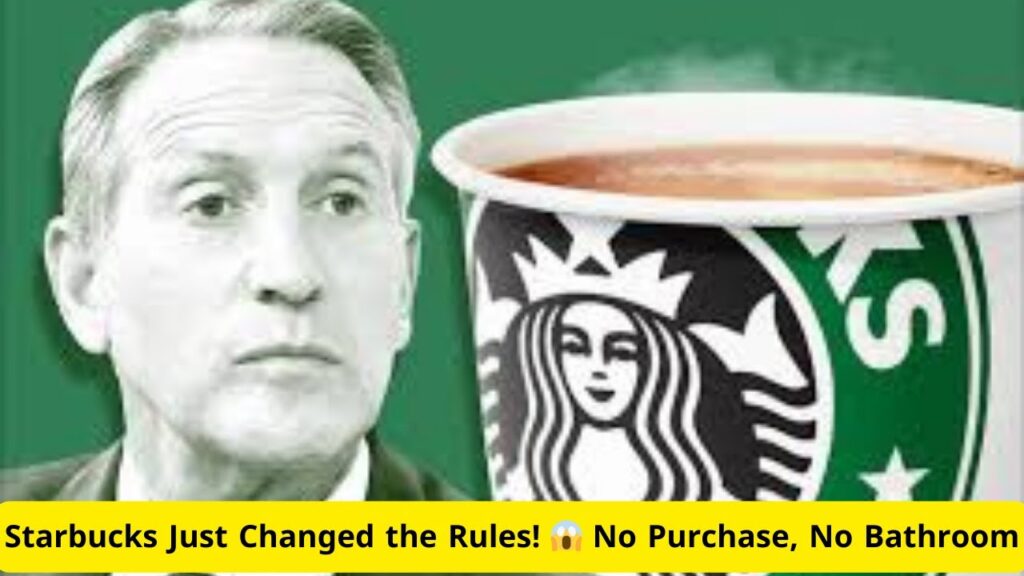The Consumer Mindset In Depressing Economic Times
by Jeff Hirsch
The many economic parallels between The Great Depression of 1929 and the Great Recession that started in 2008 and is still wreaking havoc are well documented.
Now, cultural similarities are emerging as well. The New York Times recently published and article titled, “In a Gloomy Economy, TV Sitcoms Are Making a Comeback.” Reality and drama are now on the decline, with comedies old and new climbing the ratings charts.
Hits of the new season include “New Girl,” “2 Broke Girls,” “Suburgatory,” “Last Man Standing” and “Up All Night.” Established comedies such as the revamped “Two and a Half Men,” “How I Met Your Mother,” “The Big Bang Theory,” “Mike and Molly” and “Modern Family” are seeing ratings increases as well.
Paul Lee, the head of entertainment at ABC is quoted as saying that while it might be a mistake to tie trends too simply to the economy, “It was inevitable to think of things like the 1930s and screwball comedies.” Chuck Lorre, the creator of “Two and a Half Men,” adds that, “Comedy thrives during economic downturns. You know, if you’ve had a bad day, laughter is a better remedy than watching a coroner pick shrapnel out of some poor guy’s private parts.”
Marketers should take note. Those TV viewers and their customers are one and the same. To paraphrase Chuck Lorre, it’s more likely that they would rather watch a commercial that makes them smile than a graphic explanation of how probiotic yogurt works.
When consumers are confronting the very problems of survival in a hostile economic world, how likely are they to respond or even notice any product or service that takes itself too seriously? For nothing is more serious than keeping your job and feeding your family. A brand of snack food, the beer your drink, the kind of canned soup you buy – does any of it matter when you’re overwhelmed with just getting by?
Actually, if handled correctly, these kinds of products can matter a great deal to consumers. It’s a question of personality and tone. We can’t be tone deaf to what’s going on around us, and we need to empathize more than ever. The challenge is to express this empathy in a playful, lighthearted way to lift our consumers out of their funk, no matter what kind of product or service we offer.
Therefore, the question we should be asking ourselves is not the usual, “What need does our product fill?” Rather, we should be asking, “How can our product relieve stress, provide a well-deserved distraction, or provide our consumers with some simple pleasure?”
This holds true for both “non-serious” products such as candy bars as well as “serious” offerings such as insurance.
Allstate Insurance has handled this brilliantly. The company is still running its terrific, foundational campaign starring Dennis Hastert with his strong, trustworthy and reassuring persona. But they’ve layered another campaign on top of this – the “Mayhem” spots featuring the wonderful actor Dean Winters (Dennis Duffy on NBC’s “30 Rock,” Ryan O’Reily on HBO’s “Oz,” Johnny Gavin on FX Network’s “Rescue Me”).
Winters’ personification of “Mayhem” is spot on and funny, but more important, it allows people to think about the important need to protect themselves in non-threatening or amusing ways. You can’t help but laugh when you see this disheveled, mischievous guy sitting up in your attic eating insulation. Allstate could have chosen to show real rats up there doing their worst. That would surely demonstrate a “need” and provide a “solution.” But is it really what people want to watch when they’re overwhelmed with so many other pressing problems?
The screwball comedies of the Great Depression were great escape vehicles that portrayed and satirized the idle rich and their petty romantic problems. Surging TV comedies demonstrate a parallel need to escape in the Great Recession. However, the nature of escape and the humor associated with it are quite different now. The dapper and sophisticated Fred Astaire and Ginger Rogers, or Cary Grant and Katherine Hepburn, are not role models for our time.
We prefer our comic heroes to be flawed in instantly recognizable ways and much more down to earth. A fat cop and his fat girlfriend. A bunch of socially inept, brainy nerds. A quirky young woman with three male roommates, all struggling to find themselves.
The Ashton Kutcher character on “Two and a Half Men” may be a “billionaire,” but he is portrayed as lovable, naïve, child-like and needy. His wealth is the story device that allows Alan and his son to continue freeloading at the beach house, but his character is far more defined by his neediness. This cannot be an accident that this unlucky-in-love character, begging his wife not to divorce him, fresh off a failed suicide attempt and in desperate need of nurturing, replaces the arrogant, idle rich womanizer played by Charlie Sheen.
And while these characters are flawed, they are still sympathetic. They are not the clueless, moronic dads and boyfriends seen on so many TV ads today. We’re suffering enough! Don’t make us look stupid, please!
If we ever needed a funny, warm, caring, lighthearted approach to marketing our products, now is that time.




